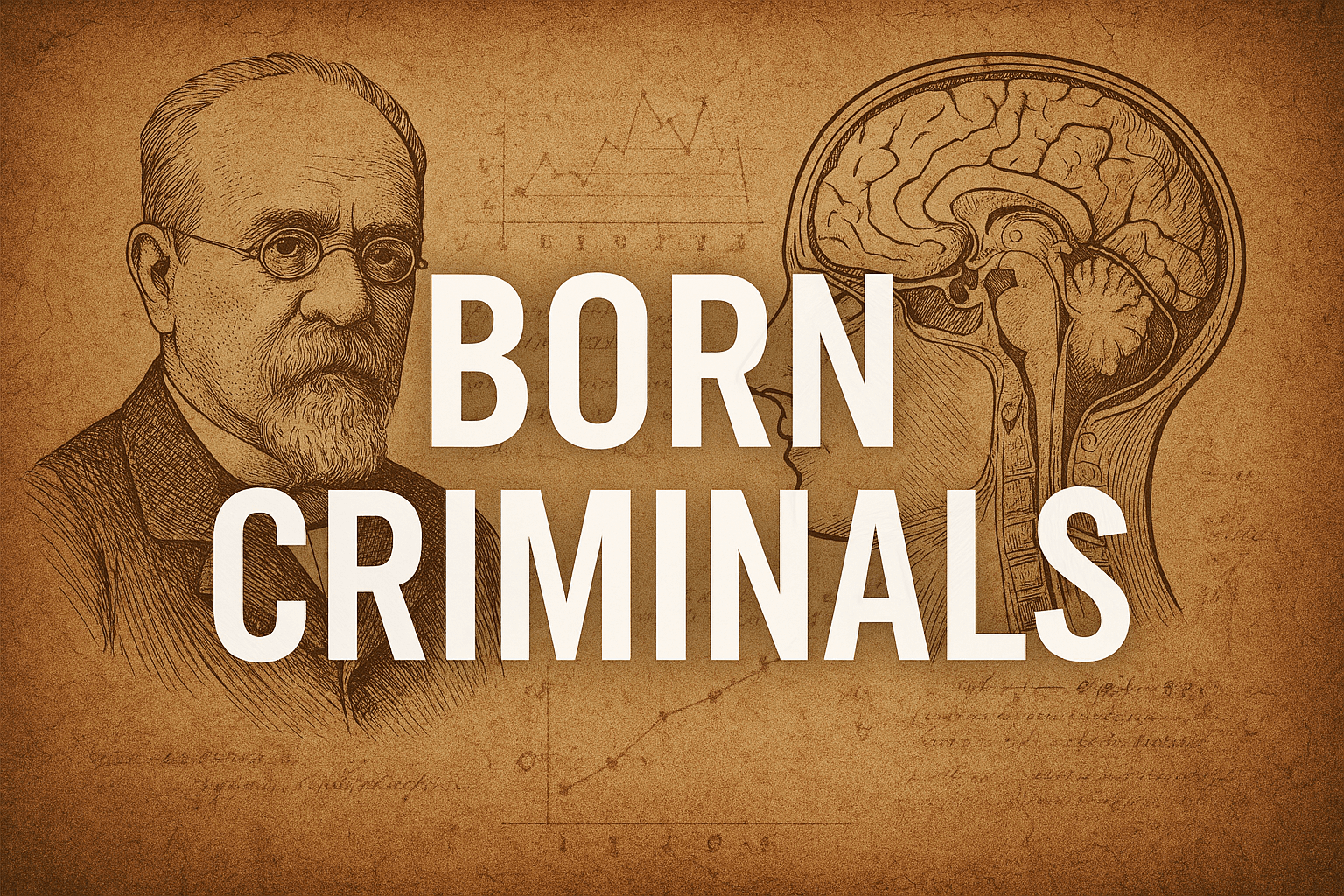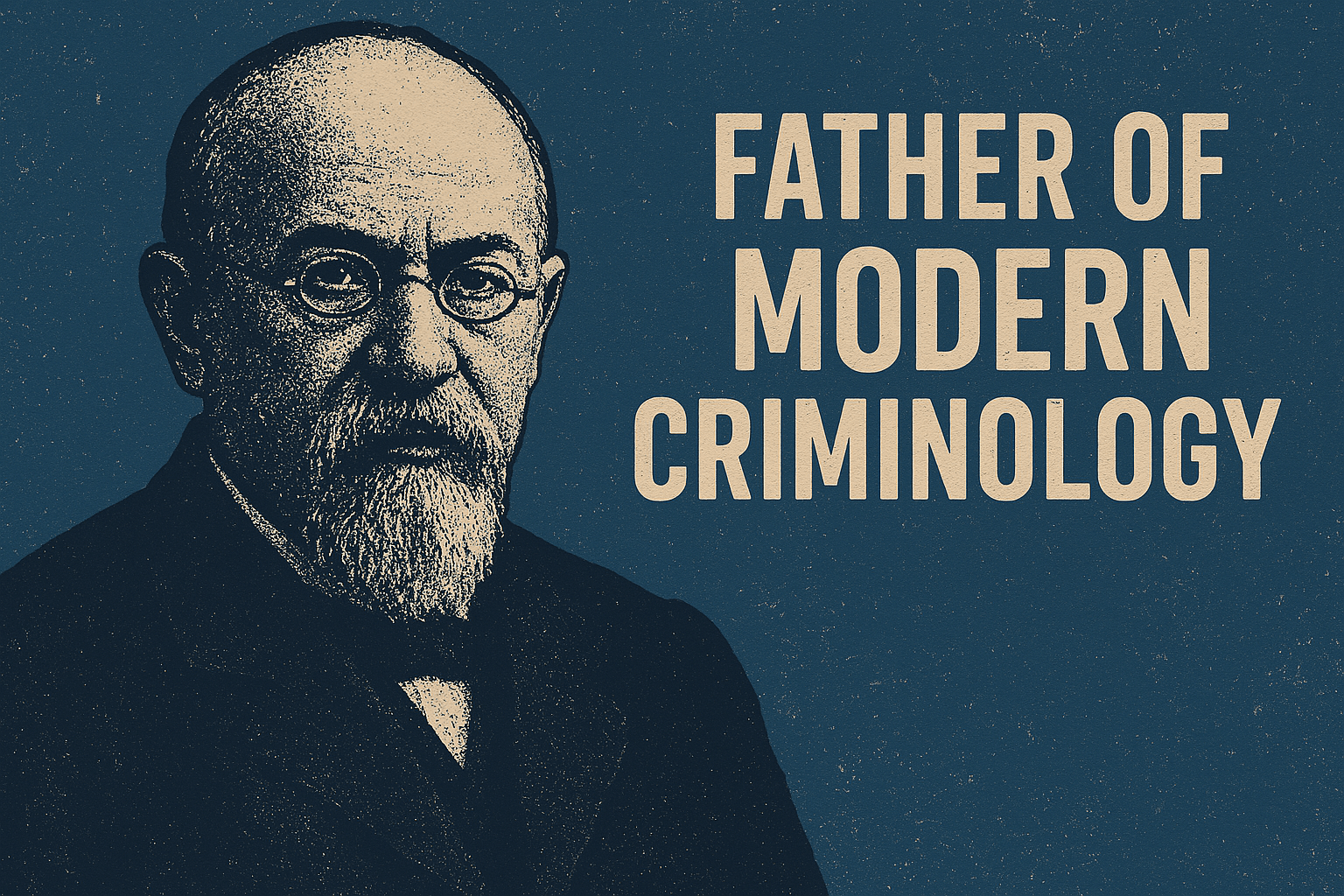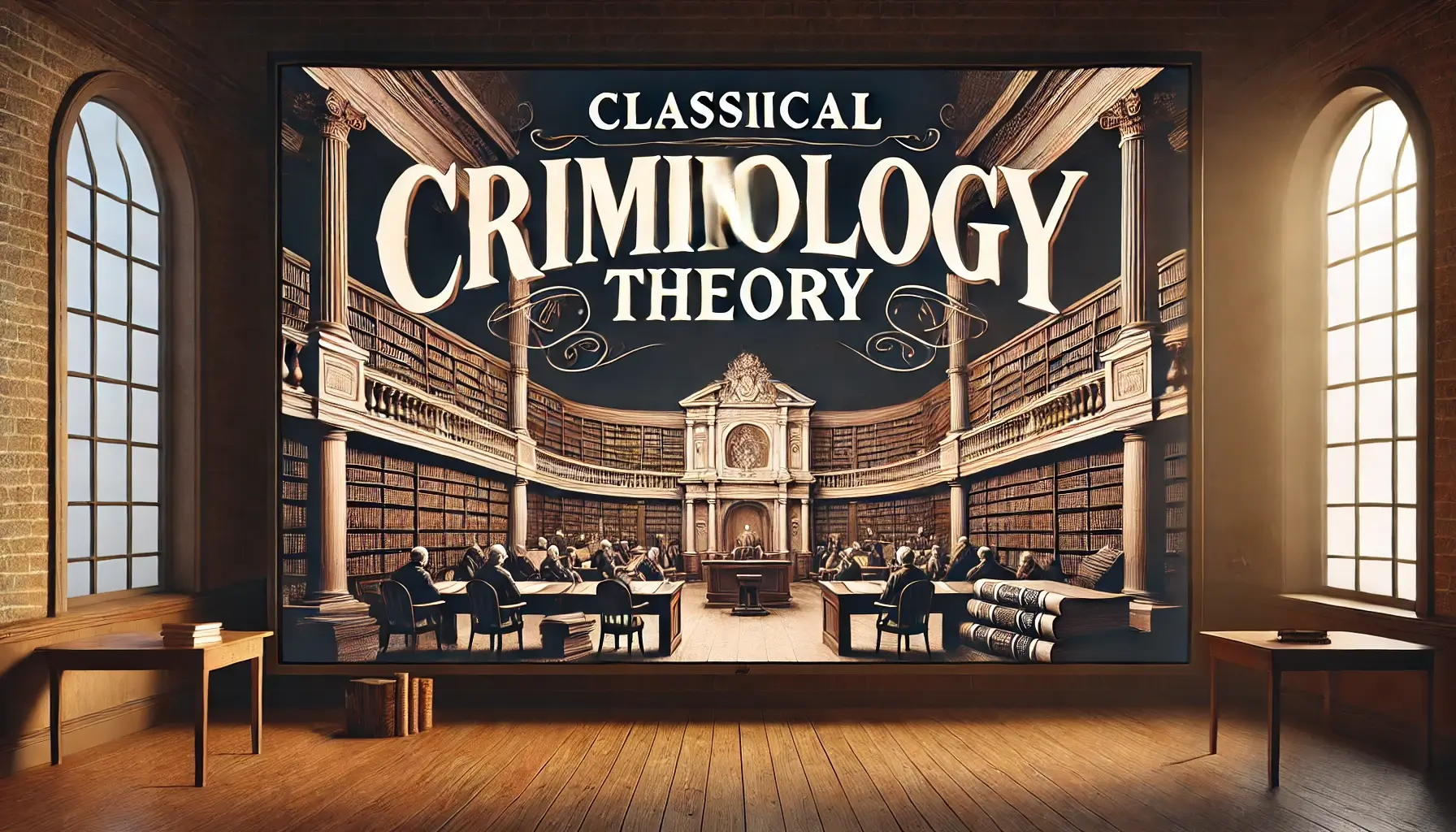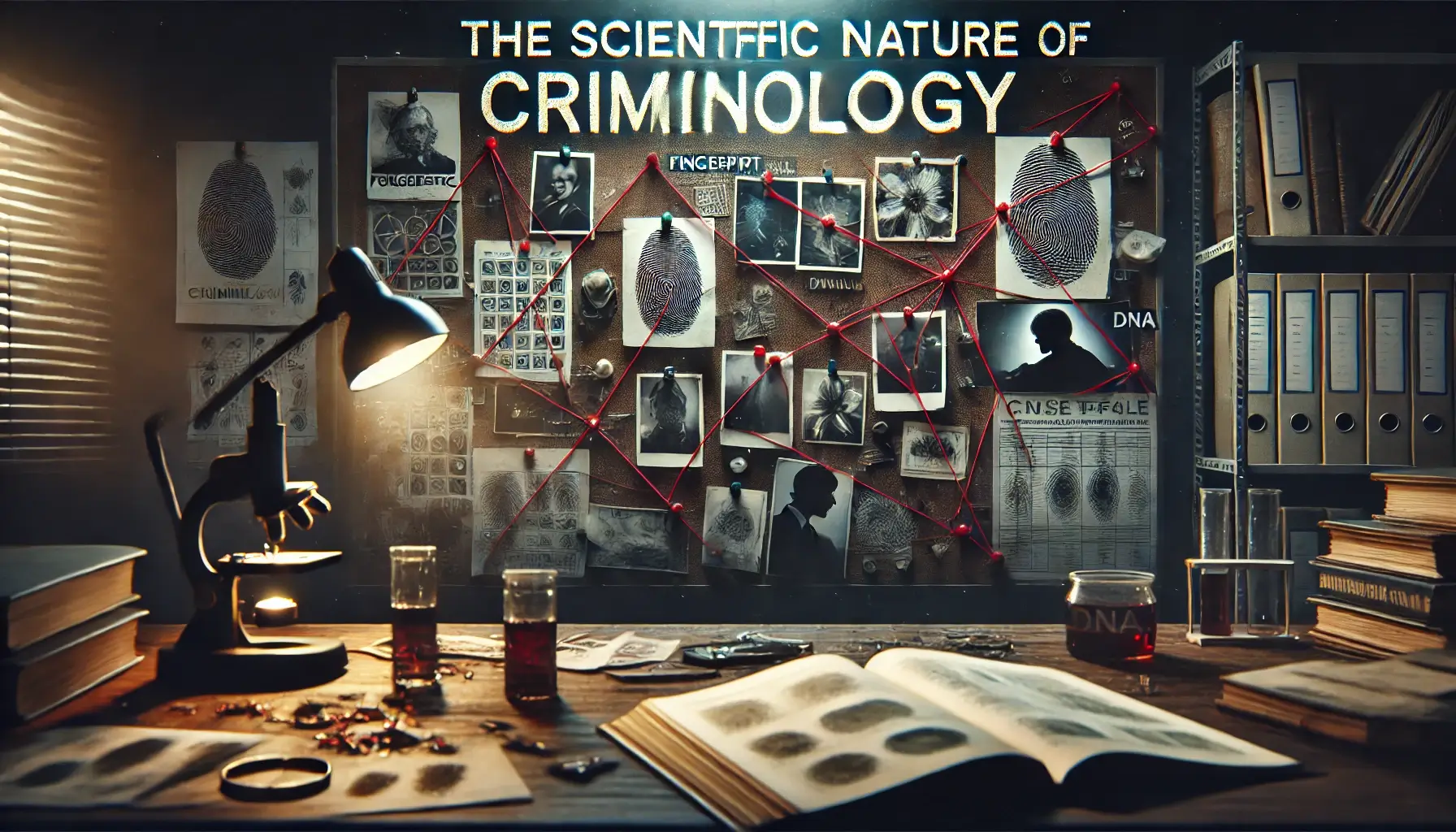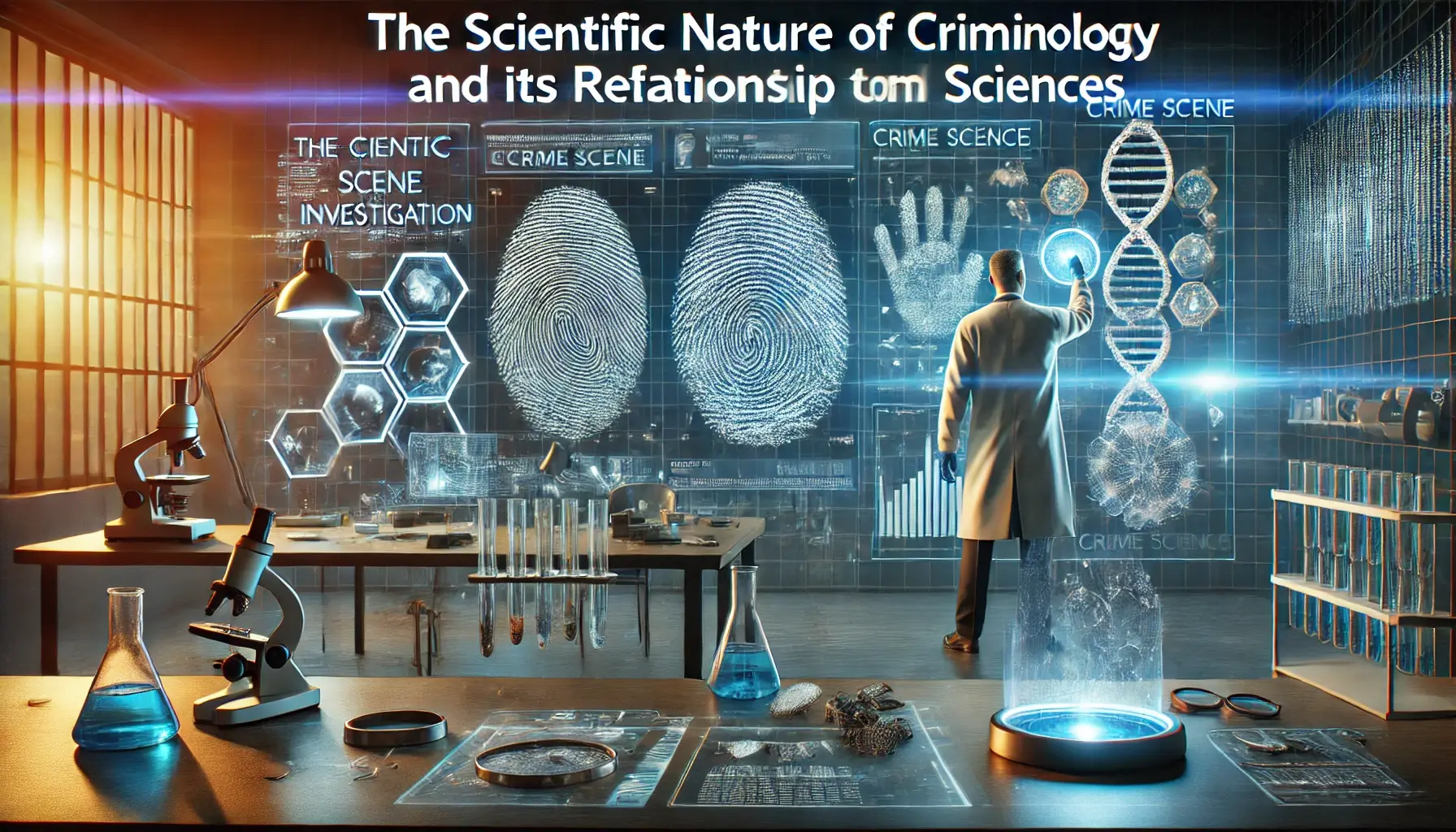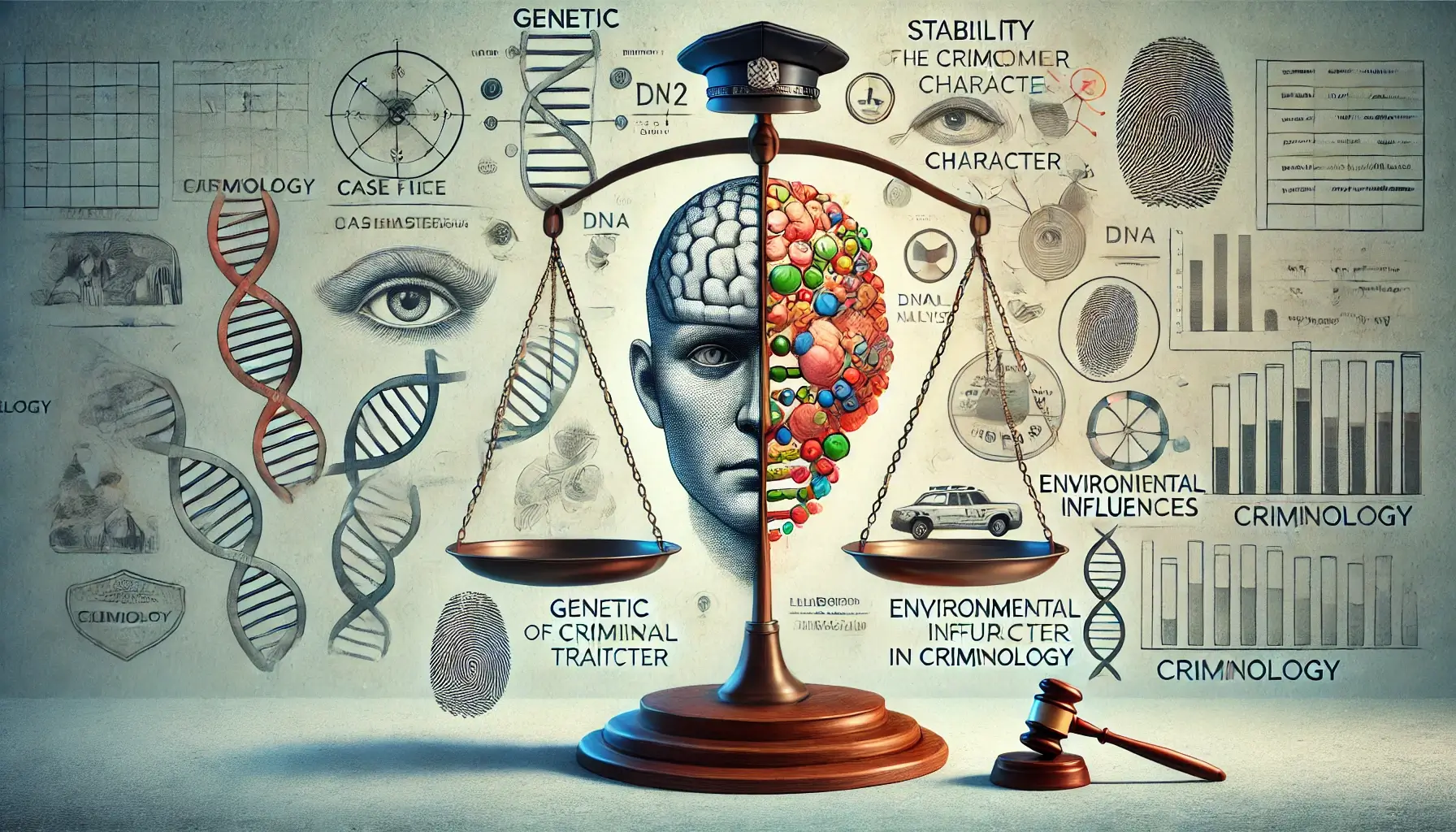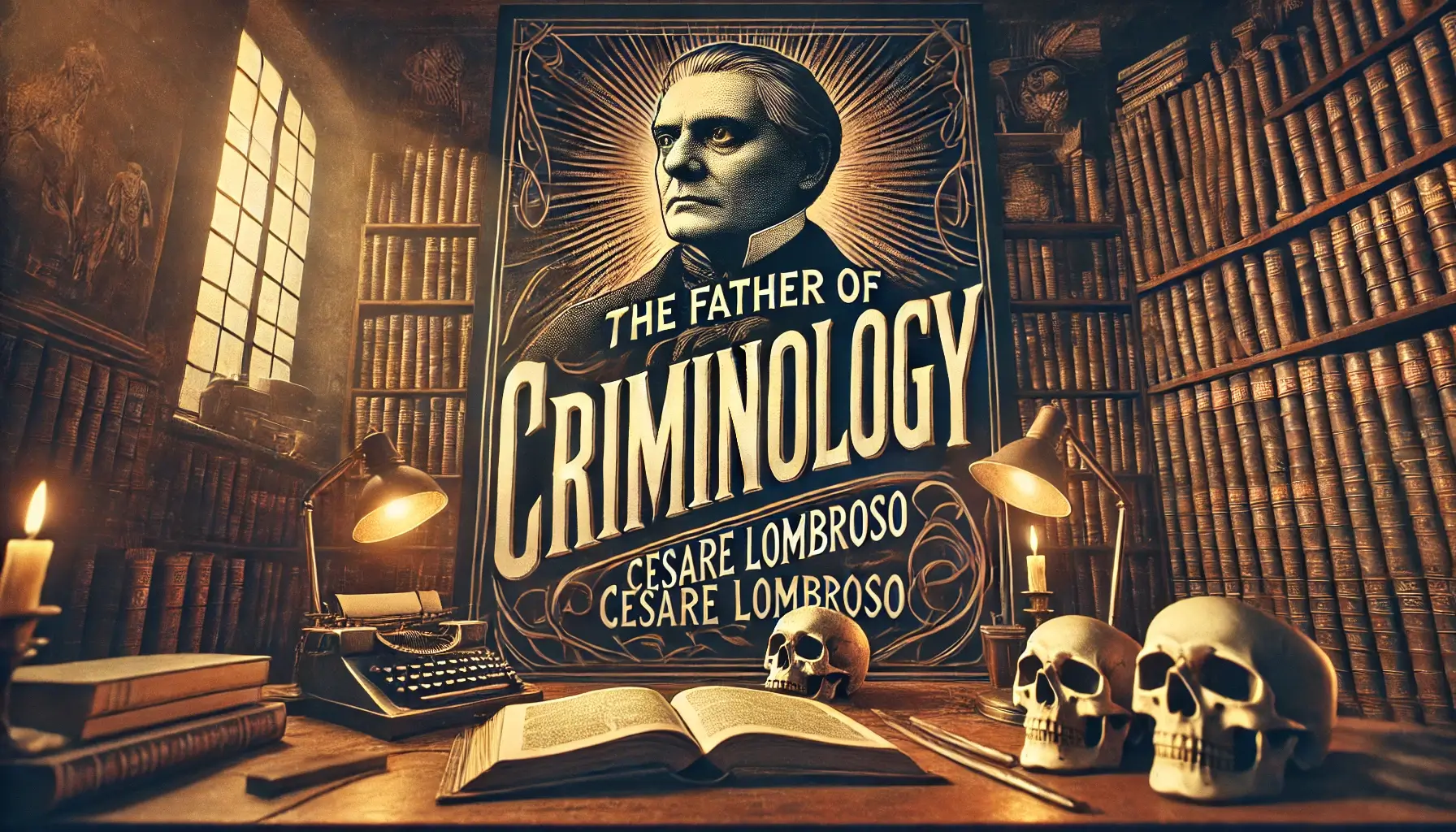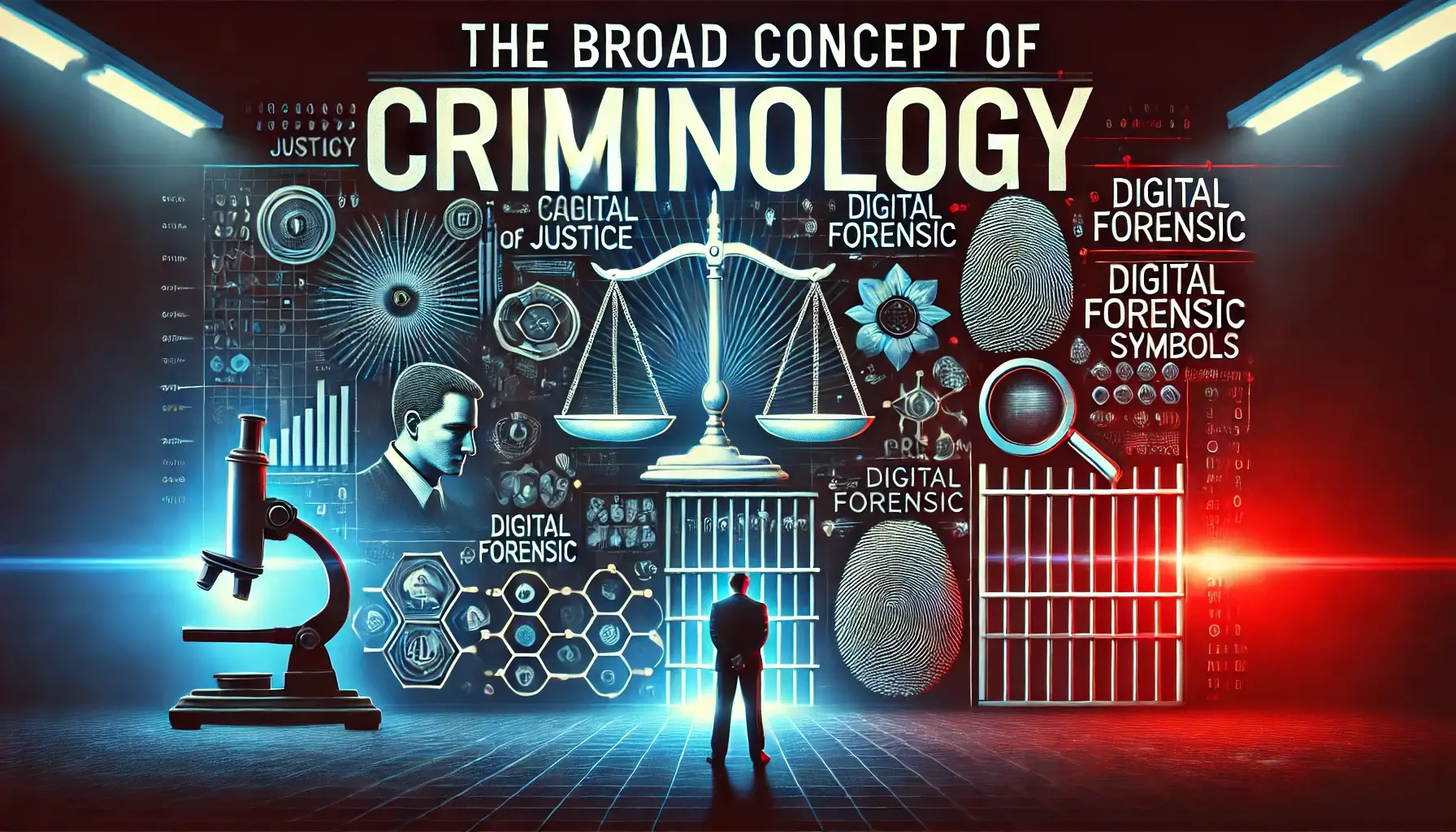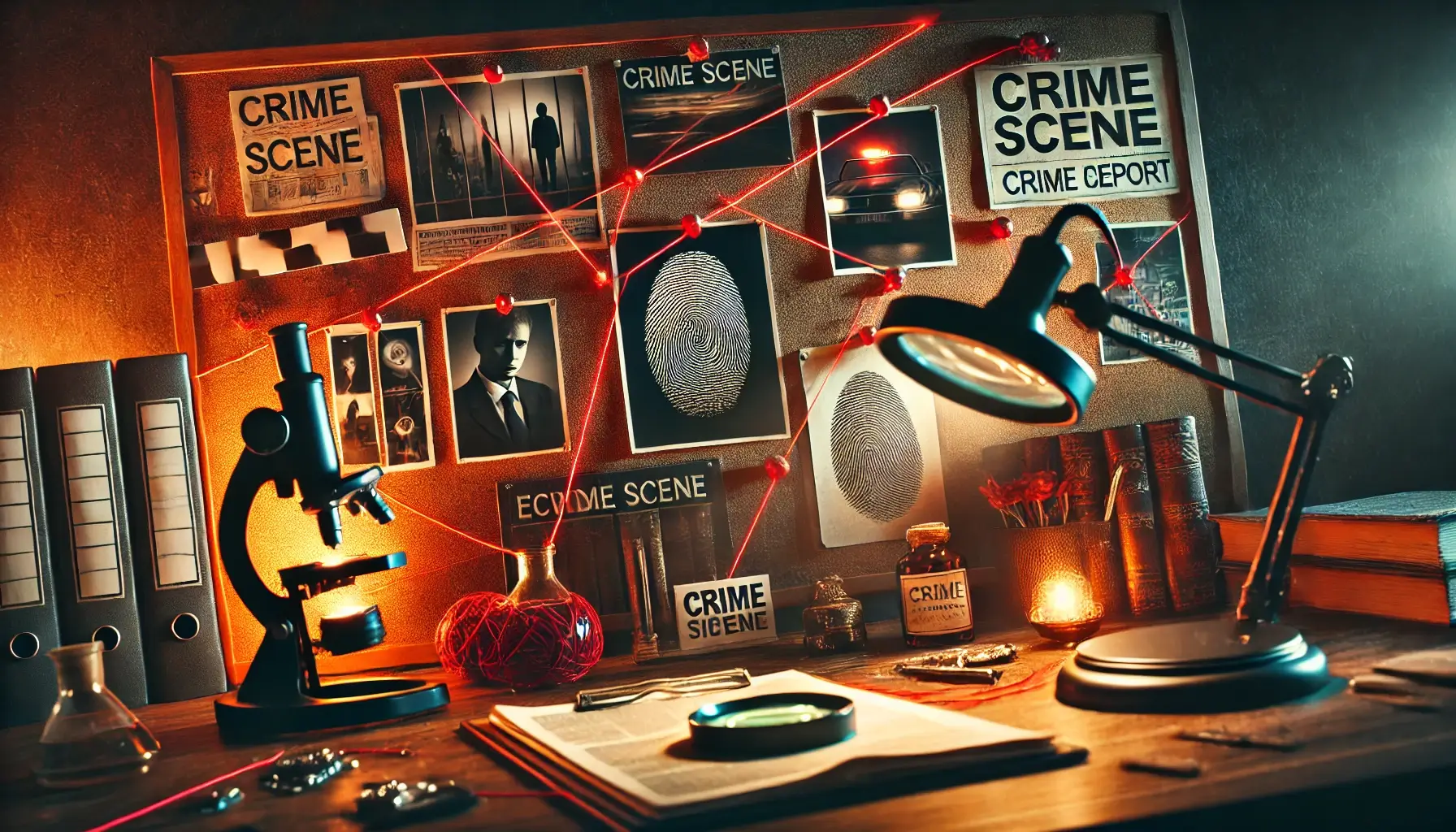Psychopathy in Criminology: Theoretical Foundations, Diagnostic Methods, and Criminal Implications
Introduction to Psychopathy Psychopathy is one of the most complex, controversial, and deeply studied constructs in criminology. It represents a profound disturbance in personality functioning, characterized by emotional detachment, lack of empathy, superficial charm, manipulation, pathological lying, impulsivity, and a striking absence of remorse. Although the term itself has roots in early psychiatric traditions, its … Read more


